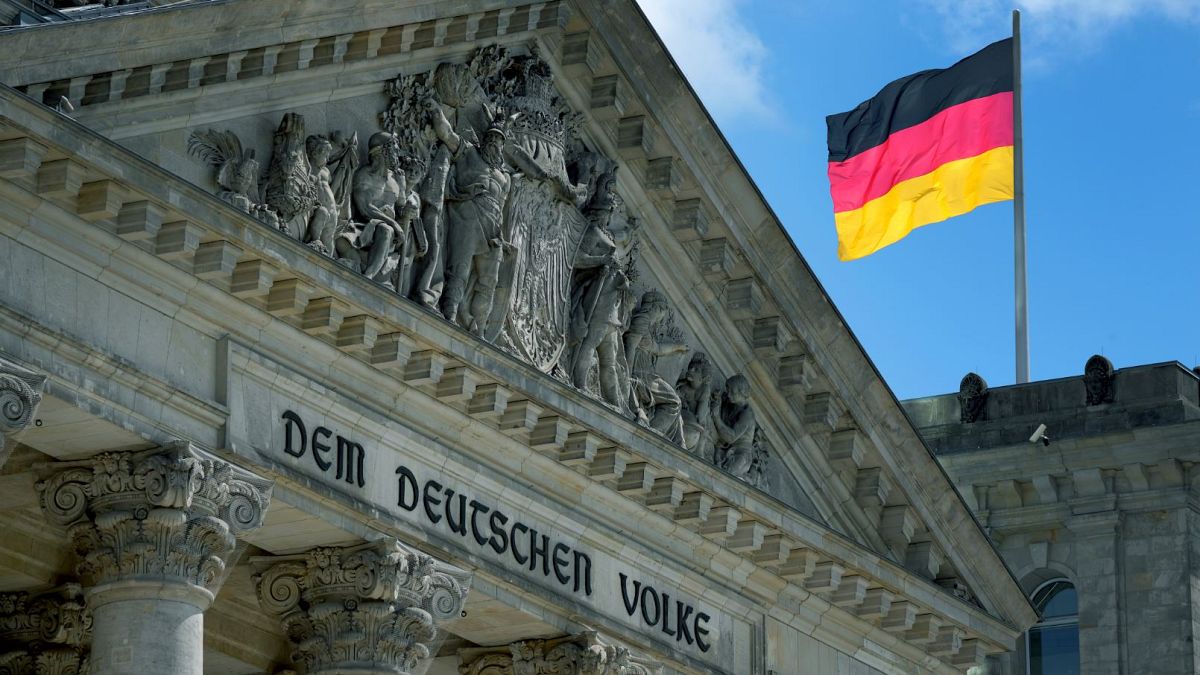Berlin says that a hacking network called "Ghostwriter" has been attempting to steal personal data from German MPs and spread disinformation.
Germany has accused Russia of supporting the attempted theft of data from MPs to spread online disinformation.
Berlin has protested against the alleged cyberattacks ahead of this month's federal election and called on Moscow for an "immediate" end.
Foreign Ministry spokeswoman Andrea Sasse said that a hacker outfit called "Ghostwriter" has been behind the attempted hacks "for some time".
Germany says that the group's activities can be attributed to Russia’s GRU military intelligence service.
The extent of the cyberattacks or potential damage was not made clear, but Berlin said it reserves the right to take "further measures" against Moscow if necessary.
Sasse told reporters on Monday that the network has been "combining conventional cyberattacks with disinformation and influence operations".
The German government claims that "Ghostwriter" has been using phishing emails to try and commit identity theft and steal personal login details from federal and state MPs.
"These attacks could serve as preparations for influence operations such as disinformation campaigns connected with the parliamentary election," Sasse said in Berlin.
The ministry has described the attacks as "totally unacceptable" and demanded an "immediate" end to Russia's support for hacking activities that put its national security at risk.
"This unacceptable activity [is] a danger to the security of the Federal Republic of Germany and for the process of democratic decision-making, and as a severe strain on bilateral relations," Sasse added.
Germany's deputy foreign minister also raised the issue with his Russian counterpart during a working group on security policy last week.
In mid-July, the head of Germany’s domestic intelligence agency said that the authority had for several months observed phishing attempts on the private email accounts of federal and state lawmakers and their staff.
The agency said that very few of those attempts were successful, and that little damage had been caused.
But the matter has become a fresh concern for Germany ahead of the 26 September election, as Chancellor Angela Merkel steps after nearly 16 years in charge.
